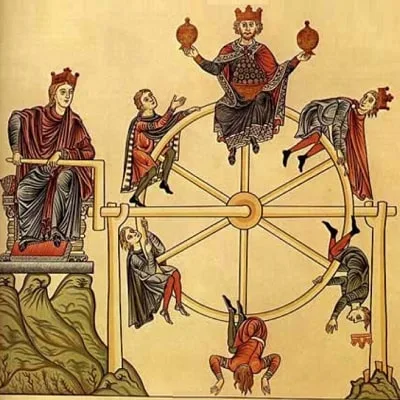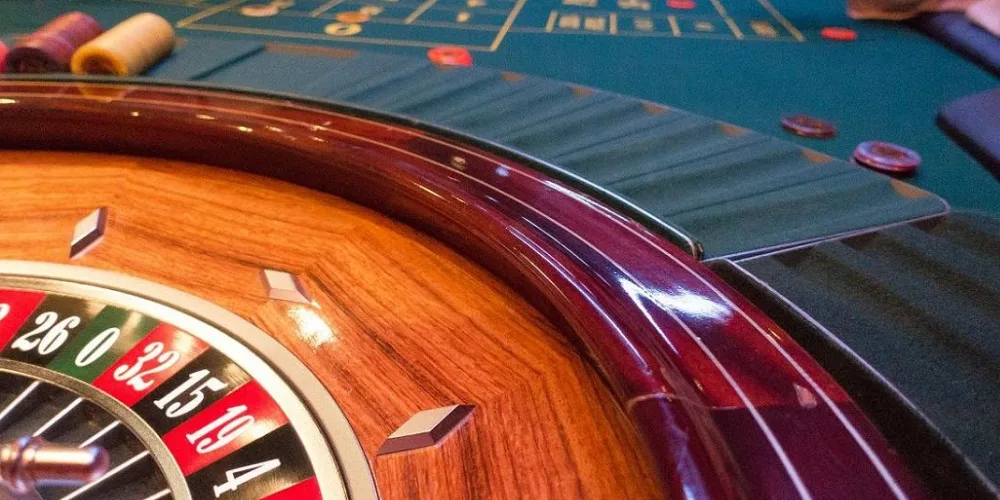
Roulette: From Diabolical Origins to Modern Enchantment
Roulette, often hailed as the “Queen of the Casino,” boasts a history shrouded in mystery and allure. The game’s origins are a subject of debate among historians, with most tracing its roots back to 17th-century France. The invention of roulette is frequently attributed to the French mathematician Blaise Pascal, who was on a quest to create a perpetual motion machine. Instead, he inadvertently birthed one of the most popular gambling games in history. The wheel’s design, with numbers from 1 to 36, adds to its mystique; when added together, they sum up to “666,” a number often associated with the devil, which has fueled the legend that roulette is a “diabolical” invention.
Roulette: A Pact with the Devil?
As roulette spread from France to other parts of Europe and then to the New World, its association with the devil grew stronger, not least because of the gambling fortunes (and misfortunes) it created. Some tales suggest that early casino operators made pacts with evil spirits to ensure the house always had an edge. Whether rooted in reality or fantasy, these stories have contributed to roulette’s enigmatic reputation.
Famous Roulette Players
Roulette has attracted many high-profile aficionados over the years, from royalty and aristocrats to notorious gamblers. One such figure was Charles Wells, known as “The Man Who Broke the Bank at Monte Carlo,” who managed to win over a million francs in 1891, a feat that inspired a famous music hall song and cemented his place in gambling folklore. These individuals not only contributed to the game’s legend but also to the belief in mysterious systems and strategies that could “defeat” the wheel. Even today, in the vastness of Cresus Online Casino, many players go through myths and legends, believe in signs and various superstitions associated with playing roulette.

Superstitions and Myths
Superstitions have long surrounded the roulette wheel, with players adopting various rituals and beliefs to sway luck in their favor. Some insist on betting on numbers that have a personal significance; others believe that certain dealers can influence the ball’s landing spot. These myths, while often debunked, persist due to the random nature of the game, which leads players to search for patterns where none exist.
Modern Roulette: The Legacy Continues Online
Today, roulette thrives in both traditional and Cresus online casinos, and the digital era has made the game accessible to a global audience. The transition to online platforms has not diminished the game’s mystique, if anything, it has expanded the myths and superstitions around roulette, as players continue to seek out lucky numbers and “hot” or “cold” tables, even in virtual environments. This enduring fascination with roulette’s legends underscores the human desire for control over chance, as well as the timeless appeal of a game that epitomizes the highs and lows of gambling.
The history of roulette is a tapestry woven with tales of mystery, fortune, and the quest for mastery over fate. Its perceived diabolical origins only add to the game’s allure, creating a legacy that transcends time. As roulette continues to evolve, the myths and superstitions that have surrounded it for centuries persist, a testament to the game’s enduring ability to captivate the imagination of gamblers around the world.
